The Gazette’s latest roundtable looks at changing attitudes towards solicitor-advocates.
Yvonne Spencer, immediate past chair of the Solicitors’ Association of Higher Courts Advocates (SAHCA), made a bold prediction a year ago. ‘The “f-word” will stand for fusion and function,’ she told the organisation’s annual conference last December.
She was alluding to the new landscape created by the Legal Services Act, which over the next decade will see ‘the distinction between [solicitor-advocate and barrister] become more a matter of tribal culture than function’.
One profession has alternative business structures, the other the ‘ProcureCo’ business model; moreover, ‘the monopoly the bar enjoyed in relation to the provision of advocacy services has been shattered’.
Provocative indeed and – as Spencer wryly acknowledged at the time – ‘tantalisingly mischievous’. The consensus among solicitor-advocates gathered for the Gazette’s latest roundtable was that there has been progress over recent years with regard to parity of esteem. But if, as Spencer contended, the development of ABSs and other business models places solicitor-advocates at an ‘enormous competitive advantage’, heads of chambers are not enduring too many sleepless nights quite yet.
One must also make the distinction between criminal and civil; solicitor-advocates report very different experiences across the divide.
Baker & McKenzie’s Richard Pike suggests: ‘We on the civil side are probably at the same point you in criminal reached about 10 years ago.’
Crown court advocate Rizvan Anwar of EBR Attridge raises that perennial bugbear of the solicitor-advocate – judicial partiality and condescension – and suggests that mindset is withering away at last.
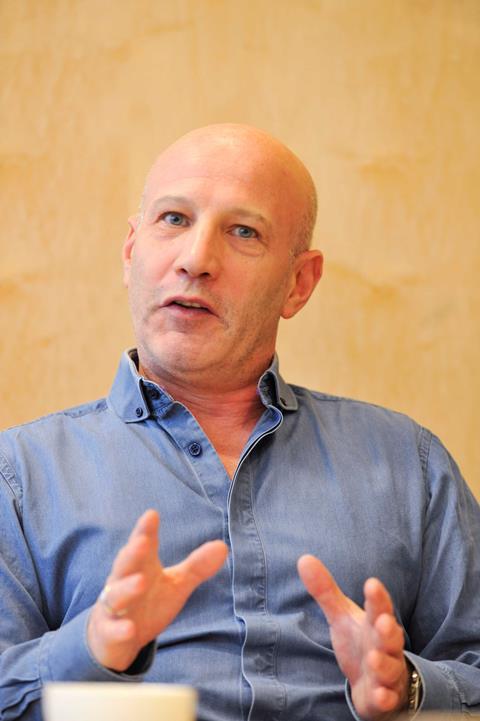
In criminal, you’ll often find solicitors are far better at advocacy than young baby barristers
Adam Glass, Lewis Silkin
‘Judges have helped a lot,’ he says. ‘When I started there was a judge at Snaresbrook who would always refer to “the solicitor” and “the barrister” when talking to the jury or defendant. Now it’s “your counsel”. The wording has changed.’
Mo Dampha of IBB Solicitors agrees: ‘There are still issues between the bar and solicitors but we’re moving in the right direction. I think the bulk of the really heavy cases are still dealt with by senior barristers but as time moves on that will change.’
But Pike cautions: ‘In commercial litigation, we’re quite some way behind the curve. There are solicitor-advocates out there doing good work but it’s still pretty rare to see people in the higher courts who are doing the advocacy themselves.’
Prosecutor Jan Brewer is currently working with Alison Levitt QC, principal legal adviser to the director of public prosecutions. She holds up the Crown Prosecution Service as an exemplar for being relatively blind to the route to qualification for higher-level Crown court work: ‘We have teams within advocacy units. Crown advocates cover the whole gamut of Crown court work and we’ve got principal Crown advocates taking up the equivalent of silk work, so they’re leading on murders.’
She adds: ‘It’s sometimes quite difficult to tell whether somebody is a solicitor or barrister in the organisation. In order to practise in the Crown court we have to do the internal examination and we are graded. So the distinction is almost [defunct].’
Brewer, also honorary secretary of SAHCA, is interested to know which of her peers wears a wig in jury trials, because she believes this ‘makes a difference’ in terms of credibility. Media stereotypes remain potent, clearly.
Others agree and do wear a wig. But Manisha Knights, one of 10 solicitor-advocates at her own firm, does not. A SAHCA committee member, she believes there has been a ‘massive change’ in the way solicitor-advocates are perceived since she became a HCA in 2006. Every judge in the court where Knights appears most frequently, Woolwich Crown Court, knows and respects her, which she believes is critical. And she says her clients are indifferent to the absence of horsehair atop.
‘I think without a wig I actually relate to [the jury] better. I know what my acquittal rate is in the Crown court. And I tell the client the difference between a solicitor-advocate and a barrister, which is as far as it goes.’
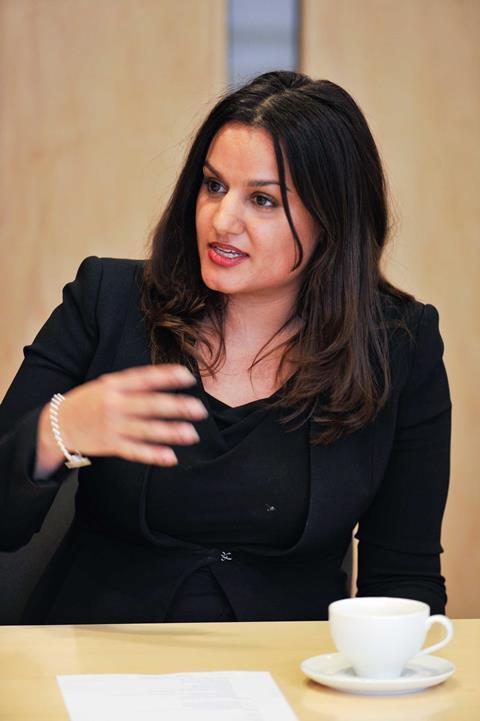
I think without a wig I actually relate to [the jury] better. I know what my acquittal rate is in the Crown court. And I tell the client the difference between a solicitor-advocate and a barrister, which is as far as it goes
Manisha Knights, MK Law
In civil, different considerations predominate, says Adam Glass, a partner at Lewis Silkin who was previously a criminal barrister. ‘In criminal, you’ll often find solicitors are far better at advocacy than young baby barristers,’ he says. ‘In commercial litigation, though, it’s a fee-driven thing. It’s not that cost-effective for me to go to court compared to a fairly decent junior with a few years under their belt. In terms of putting the client first it would be rare for you to compete on that.
‘By contrast, with something like an emergency injunction, where I know the facts in the case better, I’ll go straight down to court and deal with it, when it might only save a couple of hours to instruct someone. But on the return date I would hand it over to counsel.’
Last week’s roundtable might comfortably have concerned itself solely with the Quality Assurance Scheme for Advocates, the controversial criminal advocacy accreditation scheme whose tortuous passage into practice is presently tied up in the courts. The High Court is unlikely to give judgment in the legal challenge to the scheme before the end of term, due to the volume of evidence and complexity of the issue, Lord Justice Leveson said last week (see news).
Sledgehammer to crack a nut
Mark Stobbs, director of policy at the Law Society, encapsulated Chancery Lane’s view of QASA as a ‘sledgehammer to crack a nut, when there is no evidence of where the problems with advocacy are’.
He added: ‘Our concern has been that it will become more difficult for solicitors who may not actually do many trials. But it’s important for them to do the mentions, the sentencing hearings, the pleas, even if they do then contract out the trials to counsel. One of the things I’m pleased about is that we got the Solicitors Regulation Authority to accept that.’
The group consensus is that the scheme is workable, if flawed by its dependence on judicial evaluation as the sole criterion.
Dampha says: ‘I don’t think it’s as bad as it seems and it may have a certain benefit. Firms that may have brought in solicitor-advocates just for profit may have a problem, in that if they put less experienced people in for levels 3 and 4, those people might not be in a position to say ‘no’ to that. They may be forced to do something which is beyond their capability.’
Nicola Antoniou, a consultant at Sonn Macmillan Walker and lecturer at the University of East London, echoes Lord Justice Moses on the dangers of judicial assessment: ‘Live trials will become like job applications.’
How does one ‘please’ the judge and do a proper job representing the client at the same time – especially when the barrister seeking to demonstrate a similar competence has ‘moved in the same circles’ as the judge and has a natural affinity with them?

Most clients with means will say, ’I’m going to pay but I want a QC’. It’s very difficult to try and get around that
Rebecca Reynolds, DWF
Stobbs says: ‘I’m quite sure that individually solicitor-advocates are perfectly capable of standing up to a judge if the judge is behaving improperly, even if he or she is “marking” them. But there is the appearance of a problem there, and it is the big problem for us – QASA is about judicial assessment or nothing.’
Stobbs believes the principle of quality accreditation is likely to be extended further outwith crime, if QASA survives legal challenge.
He adds: ‘It would not surprise me if it ended up in family and possibly in the wider civil side, though I think it would need a lot of change to accommodate civil cases.’
Here, however, there arises the problem of‘flying hours’; demonstrating through the amount of time you have spent on your feet in court that you can meet a defined quality standard.
Baker & McKenzie’s Pike says: ‘One of the difficulties of being a solicitor-advocate in commercial litigation is that we don’t necessarily get the opportunity to get that much practice. I think that is probably why we don’t feel more confident to take on more advocacy ourselves. It is a bit of a vicious circle.’
He adds: ‘One of the things that could make a difference on the commercial side is the introduction of contingency fees [from 1 April 2013]. There are very, very few counsel who are prepared to act on a contingency fee basis; about half a dozen at the top end. If that takes off, are we going to see solicitors’ firms that are prepared to do the advocacy all the way through, because otherwise they won’t really be able to do the case at all?’
Marketing power
An inability to accumulate the right type of experience does of course partially explain the low percentage of solicitor-advocates who apply for – still less take – silk. And this is important. Though the QC appointment system has long been criticised as outdated, the marketing power of the ‘label’ remains formidable.
At DWF, Rebecca Reynolds’ clients are mainly insurance companies. ‘Most clients with means will say, “I’m going to pay but I want a QC”. It’s very difficult to try and get around that,’ she says.
Lewis Silkin’s Glass concurs: ‘The bar has done a great PR job on the QC “badge”. I have found, especially with commercial clients, that when they say they want the best, they mean a QC.’
Pike adds: ‘It is inculcated in them that if it’s a big, important case, they want a QC. This militates hugely against solicitor-advocates getting their hands on that kind of big-ticket work. There might be one or two solicitors in the frame. I don’t know whether we could ever come up with our own version of the QC badge.’
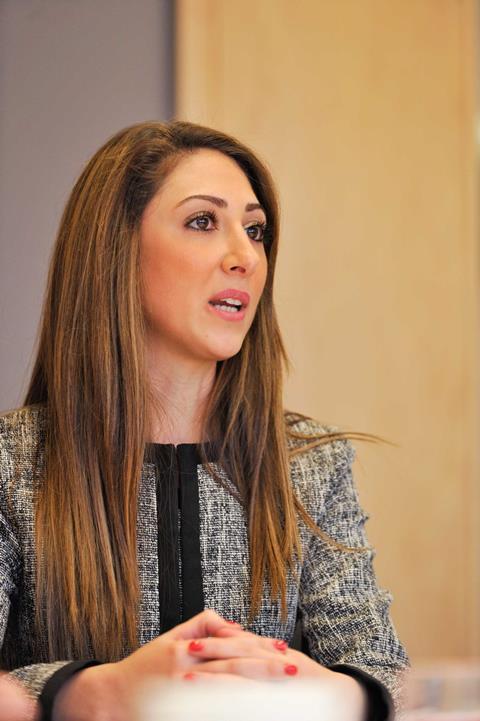
Live trials will become like job applications
Nicola Antomniou, University of East London
Stobbs asks the group how best the Law Society can help address the problem of there being too few solicitor-silks.
‘Do we want to address it?’ retorts Jan Brewer. ‘A lot of criminal silks are going out of business because the silk work has just dried up. The [top] juniors are doing a higher grade of work. Criminal silks I’ve known for years are moving into all sorts of other things. Why do we want that?’
Stobbs responds: ‘It may not be the career choice for everyone, but I would like to feel that top solicitor-advocates are at the same level as their peers at the bar, and there will be still be work for outstanding advocates at QC level.’
But Pike cautions: ‘I just can’t see how a solicitor doing commercial litigation in the High Court is going to be able to meet the criteria at the moment. Isn’t it 20 references from the judiciary on recent advocacy? I’m not going to be on my feet doing a trial before 20 different judges, not in five years!’
Better training to enable solicitor-advocates to hold their own with their bar colleagues at the outset of their career is one advance that could help more rise to the top, the group heard.
Knights says: ‘In the first six months of a pupillage you basically live in a higher court, right? Now, as a solicitor, you might not go, because no one clerks anymore. There is no funding to send someone to clerk and sit behind counsel watching a trial or sit behind a solicitor-advocate watching a trial.’
Knights’ firm has four trainees at present, all doing higher rights courses, so that when they qualify they will qualify as solicitors with higher rights of audience. She adds: ‘What I am making them do in the last three months of their training contract is go and sit in a Crown court and clerk a case, so that they are getting that exposure.
‘A barrister will have spent six months just following counsel, sitting there watching, taking it in, watching the etiquette, the language – getting a feel for judges in different courts. [We often] go in cold.’
Stobbs asks: ‘Should there be a requirement when you get your higher court rights that you must have done a certain amount of time in Crown court, in the equivalent of a pupillage?’
Most present recoil at that, but Pike observes: ‘I do think there is more scope for different flavours of LPC. At the moment you’ve got your basic LPC and now you have one that is a bit more City-focused. I wonder if you could have one that is focused on advocacy, or litigation at least. It’s not as if every solicitor needs to do conveyancing or probate, for example. There are lots of us who wouldn’t touch that in a million years.’
The future of legal education is in flux of course, as the Legal Education and Training Review continues in its long gestation.
Stobbs says: ‘The LETR wasn’t specific on this. The Legal Services Board is much more interested in activity-based regulation and education. But the issue is how does this affect the brand of solicitor, the broad knowledge that one would expect. Or is that concern out of date?’
For parts of the profession it is out of date, some round the table believe, though perhaps not for the high street.
In concluding, the question arose of whether something of an inferiority complex still lingers among solicitor-advocates. Are some perhaps too sensitive to judicial disapprobation, for example? Knights says: ‘We see the bar stand there and eat humble pie. But all of a sudden when it’s us, it is because we are solicitor-advocates.
‘There are judges who hate solicitor-advocates, that is still true. But we have to overcome them and show we can stand our ground. If the starting point is “I’m going to be mistreated”, or “I didn’t win that point because I’m a solicitor-advocate”, that has to be wrong.’
- The Law Society Advocacy Section is a dedicated Law Society service to create and facilitate a community of solicitor-advocates. It provides guidance, information, training, as well as networking opportunities on a circuit and national level. For more information see: lawsociety.org.uk/communities/advocacy.
- This roundtable was kindly hosted by TLT.























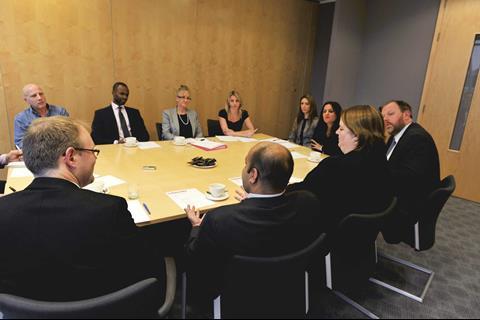
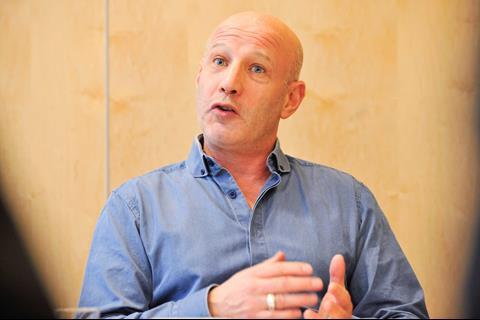
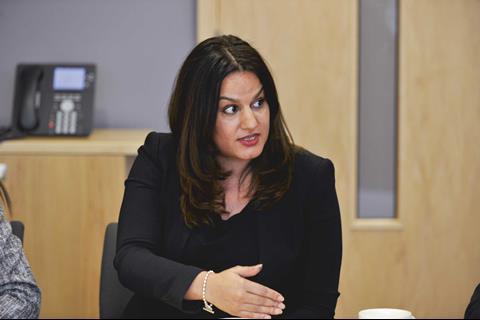
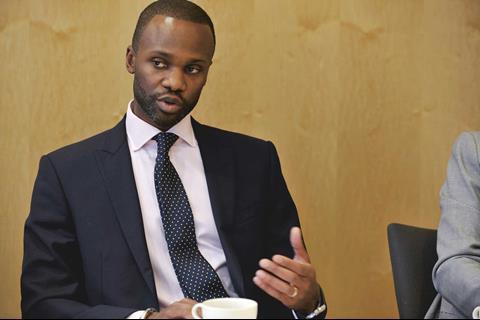

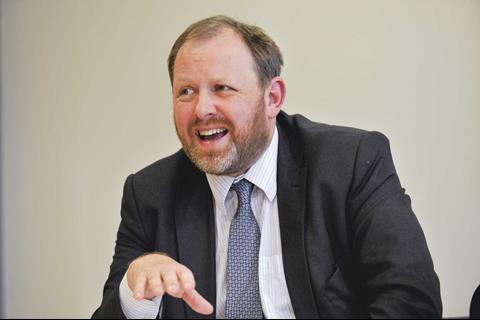
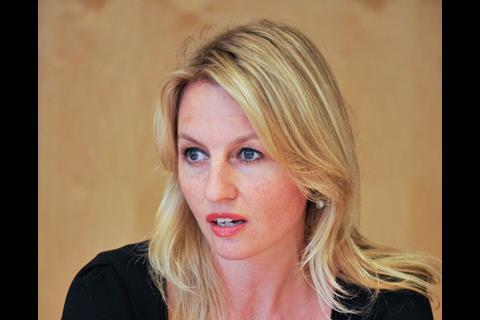

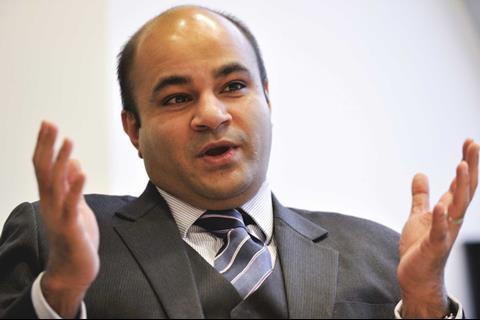
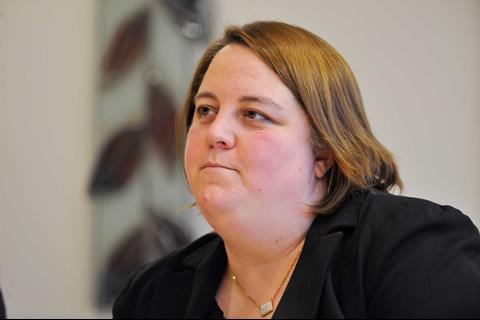








8 Readers' comments